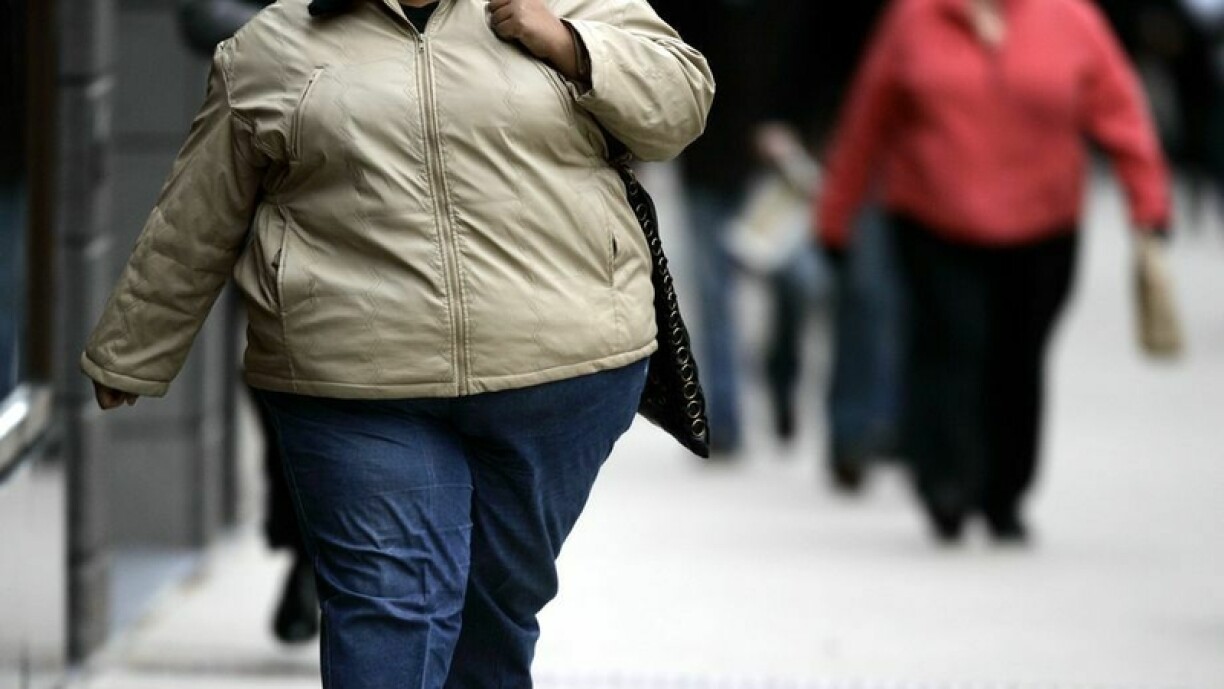
Every fifth person has been a victim of discrimination, only a tiny minority has filed a complaint, and witnesses are increasingly willing to help: These are three conclusions that the Centre for Equal Treatment (CET) and TNS ILRES draw from their “Observation on discrimination” report.
In September, TNS ILRES asked a total of 1,100 residents if they had suffered from discrimination or witnessed discrimination against others in the past three years.
20% of participants answered that they had been affected by discrimination themselves in the past three years.
According to Tommy Klein from TNS ILRES, this meant that every fifth resident aged 18 or older had been a victim of discrimination at least once over the past three years. This is down from 26% in 2015.
Women and young people are especially affected. Among other things, the victims experienced discrimination because of their nationality or their language skills. The large majority of those victims did not go public with these acts of discrimination, a decision which resulted in mental and emotional consequences in the majority of cases.
79% of those who stated that they had been victims of discrimination in the past three years, reported that they still suffered from the incident.
Only 10% filed a complaint, a figure which has, however, significantly increased from 3% in 2015. Those who did not file a complaint mainly stated that the reason for this was that they thought it would lead to nothing.
27% of participants stated that they had witnessed discrimination against another person, with racial discrimination being most prevalent. The rate of witnesses who stated that they stepped in and helped the victim increased substantially from 14% in 2015 to now 57%. According to Klein, this pointed to an increased awareness of discrimination in Luxembourg.
Nathalie Morgenthaler, director of the CET, described 2020 as a “special year” for the fourth edition of the survey. On one hand, those people who were already disproportionally affected by discrimination had risked further disadvantages due to the pandemic. On the other hand, racism had been a major topic on an international level in 2020. The results of the “Being Black in Europe” report by the Fundamental Rights Agency (FRA) had exposed a situation in the Grand Duchy that was, according to Morgenthaler, absolutely inacceptable.
Overall, there was however no trend indicating that racism was on the rise in Luxembourg.